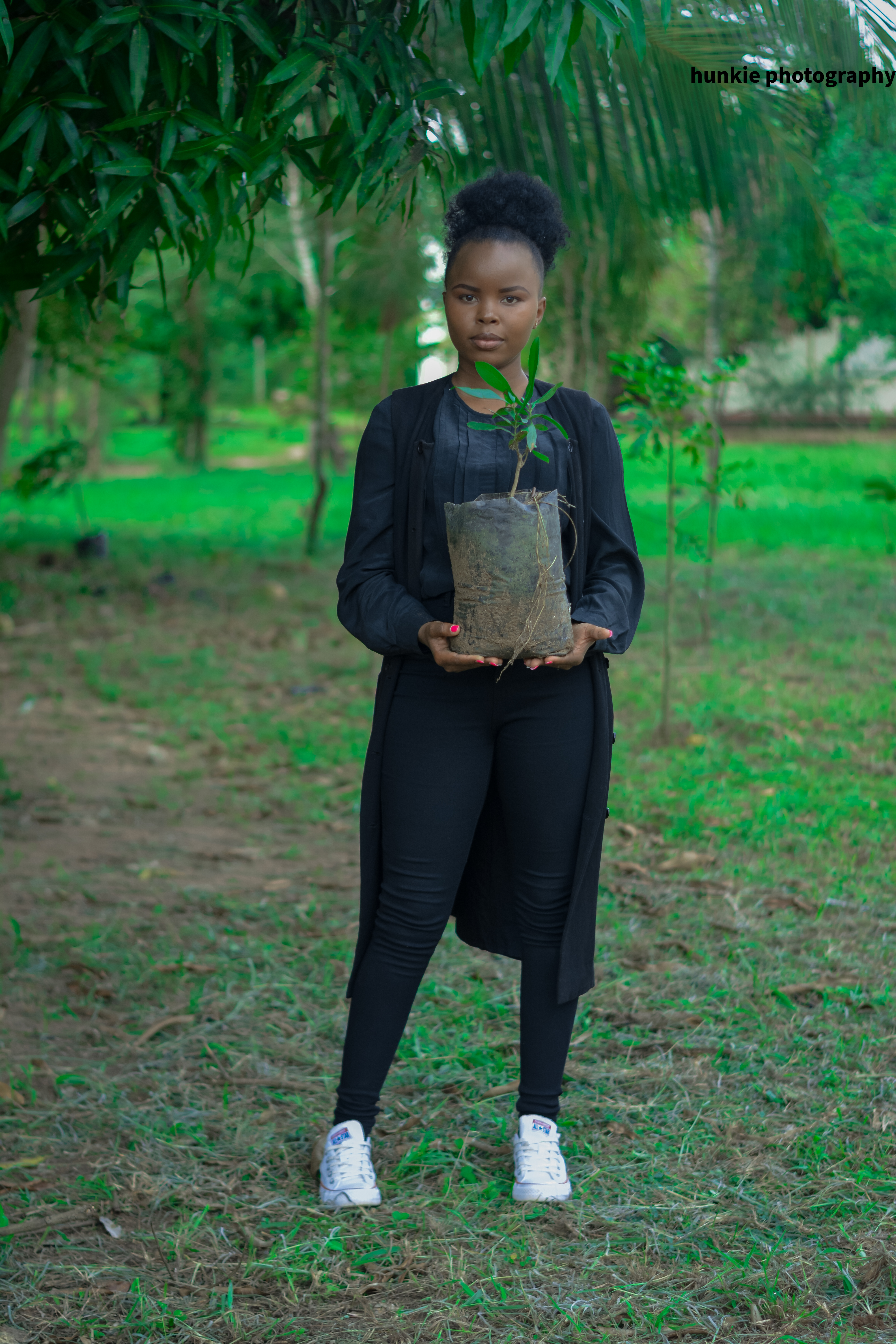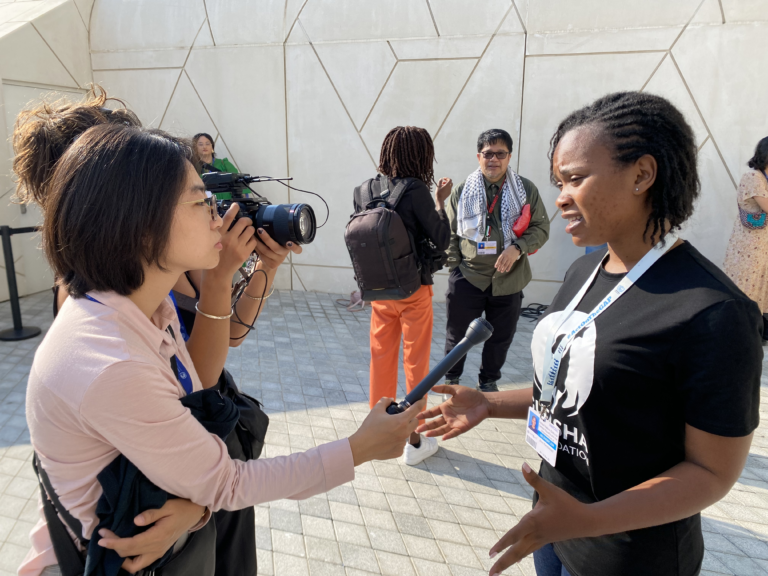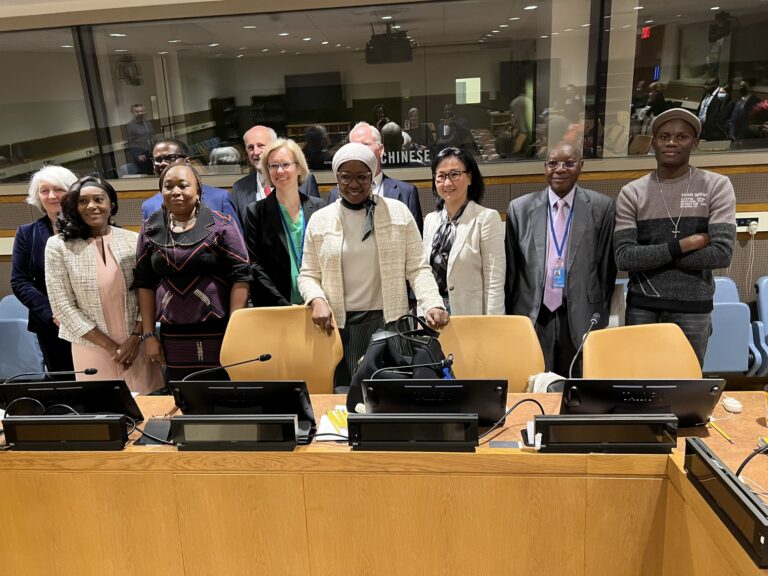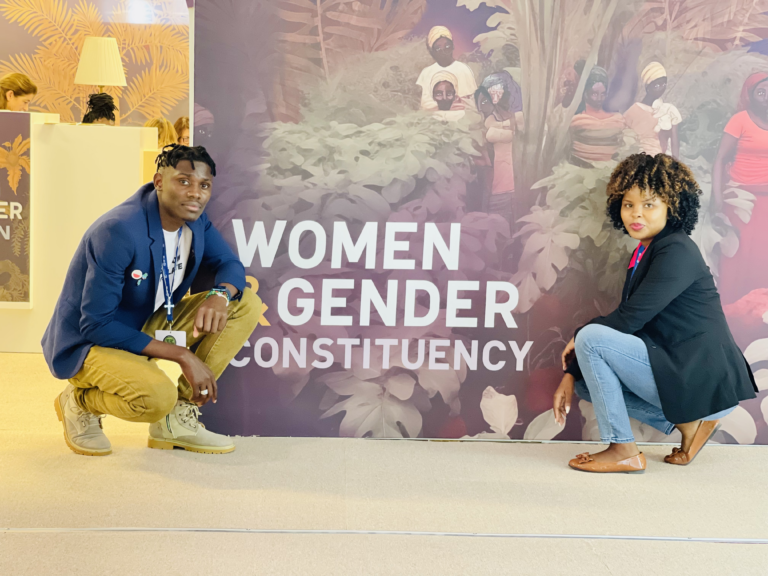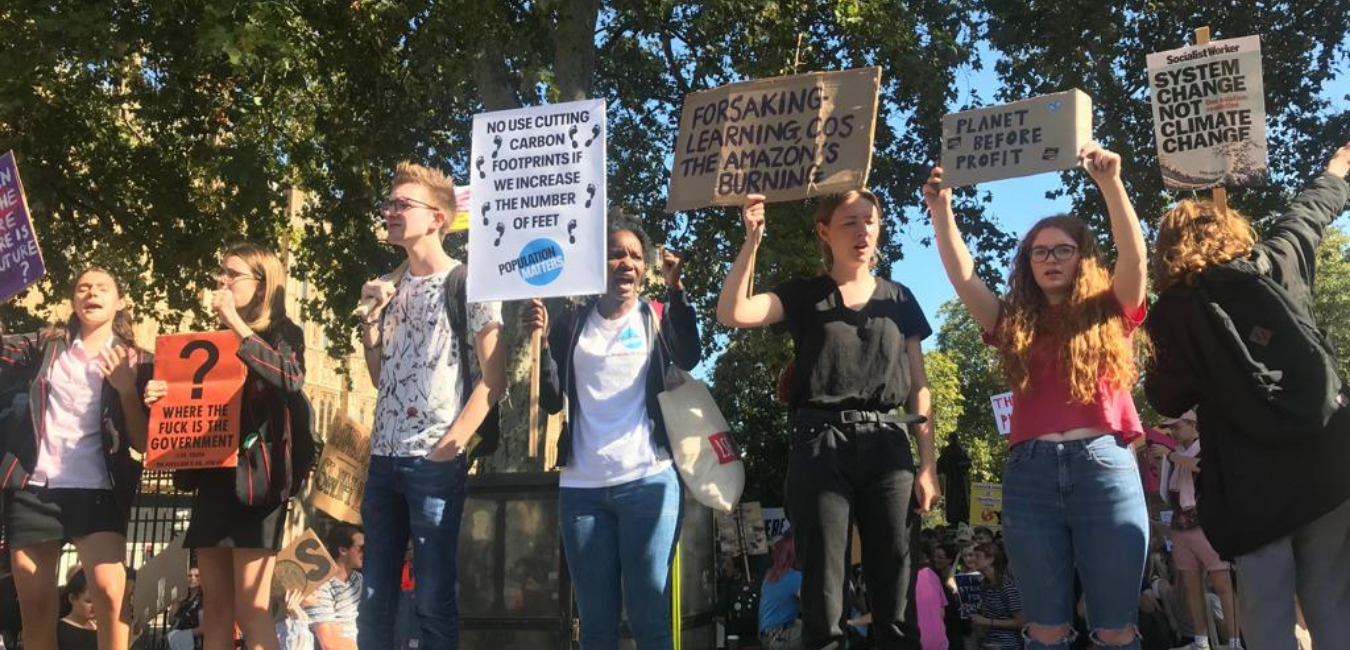
Our Choice Ambassadors
Are you a young person interested in promoting ethical and practical population solutions, uplifting women and girls, and tackling the environmental crisis? Become a Choice Ambassador!
Our Choice Ambassadors are young people who understand the crucial links between population, the environment and women’s and sexual and reproductive health and rights. Our choices matter, by consuming more sustainably, and by helping to empower others to have the same freedoms, we can save our planet and build healthier, happier societies. Some of our Choice Ambassadors are already doing amazing work campaigning on environmental and gender issues, and we’re very proud to be working with them. You can meet them below.
Becoming a Population Matters Choice Ambassador means helping us raise awareness of the population issue, empowering solutions, and positive choices. You will be added to our Choice Ambassadors mailing list and we will provide you with materials to share on your social media channels and elsewhere. For those who are interested, we also envisage organising optional Zoom meetings to allow ambassadors to get to know each other and exchange ideas. We also want to learn from you.
If this sounds interesting, please write to Florence at enquiries@populationmatters.org, using the subject line ‘Choice Ambassador’!
Hadiqa Bashir, Pakistan
I am Hadiqa Bashir, a 21-year-old feminist activist from the tribal regions of Pakistan. My journey as an activist began at the age of 11 when I boldly declined a marriage proposal, igniting within me a fervent dedication to combat early and forced marriages, which prevail as a norm in my community. As the visionary founder of Girls United for Human Rights (GUHR), I lead a passionate team in challenging entrenched patriarchal norms and championing the rights of girls and women. Through GUHR, we employ a multifaceted approach, engaging in community mobilization, legislative advocacy, capacity building, and awareness campaigns, targeting systemic issues like child marriages, SWARA, and gender-based violence. My personal journey as a survivor of early and forced marriage fuels my passion for change, exemplifying the transformative power of youth-led activism.
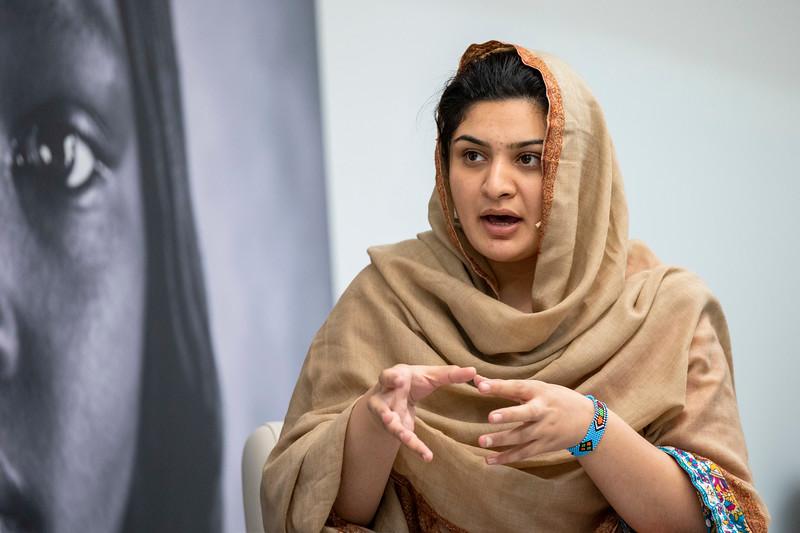
Morris Nyombi, Uganda
A world where natural resources and people’s lives are respected and put above profit matters so much to me. That’s why I joined activism. Since my childhood, getting a place to sleep, food and education was a tug of war, that’s why I didn’t go far with education. At 18 years I was already out of school, until now. All this came due to the impacts of climate change. My dad was a farmer and for me to grow up it was the farm that helped us but right now that farm is no more. I got to meet Vanessa Nakate who taught me a lot of things about climate change. In August 2019 I started striking with the Fridays for Future movement but that wasn’t enough, I had to find out one action I can do that can make a difference. I started my tree planting and ecosystem restoration in schools and community and also pushing climate change curriculum in schools through spreading the gospel during global climate strikes. What gives me hope is when I see my fellow youth rising up. Our voices can hold all decision-makers accountable if we use them well.
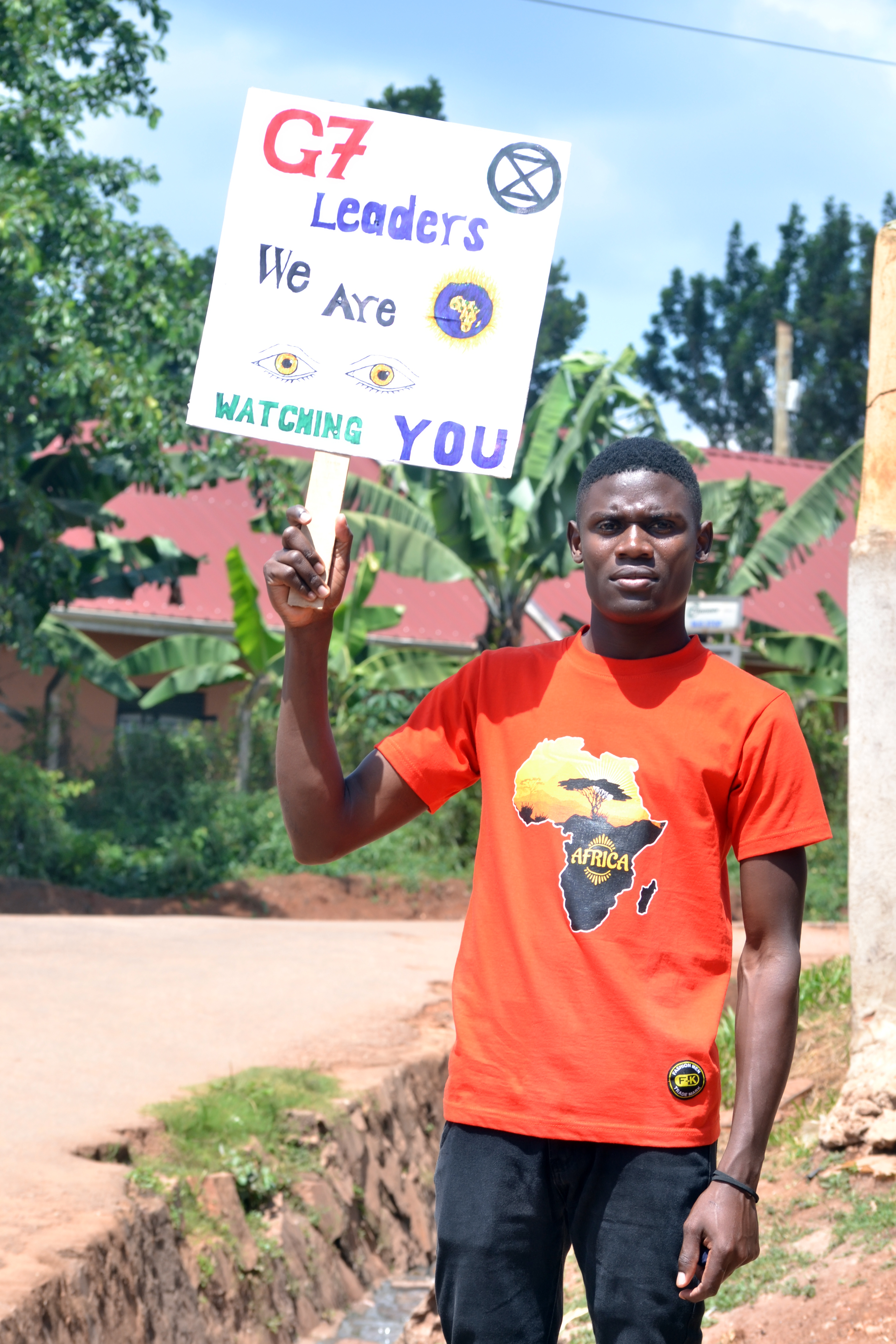
Isabella Cortes Lara, Colombia
I’m a passionate conservationist and artist, born in the mountains of Cauca, Colombia, with a degree in Wildlife and Fisheries Management and Conservation Ecology from West Virginia University. Presently, I am the Director of Conservation for Women for Conservation, a non-profit that empowers women in rural communities around Key Biodiversity Areas to save biodiversity. Through my work the organisation facilitated the establishment of wildlife conservation projects throughout Colombia and I currently live full-time in the El Dorado ProAves Reserve in the Sierra Nevada of Santa Marta. I also deliver programmes that include sex education workshops, raising awareness of sexual violence and domestic abuse, and the different methods of contraception and their importance. I have a strong interest in wildlife biology, plant ecology, and particularly birds, and my greatest passion is working with rural communities, especially with women and girls, because they are the factor that can make a decisive difference for the future welfare of the planet.
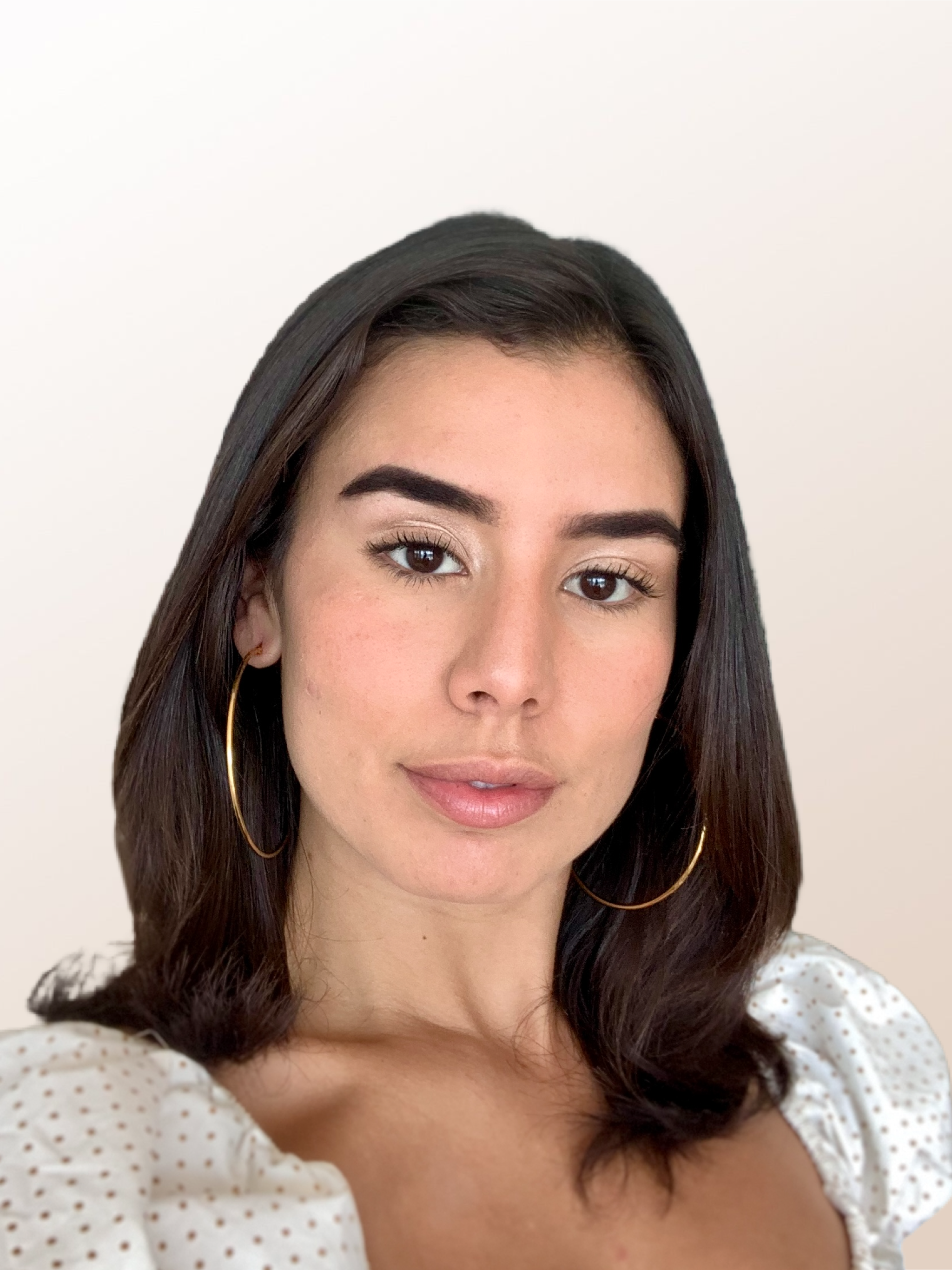
Joan Kembabazi, Uganda
I’m Joan Kembabazi, Founder and Team Leader of Gufasha Girl Child Foundation, a community-based charitable organization in Uganda that advocates for girl child rights at a grassroots level and seeks to end violence against girls and women and empower girls to realize their full potential through activism and capacity building.
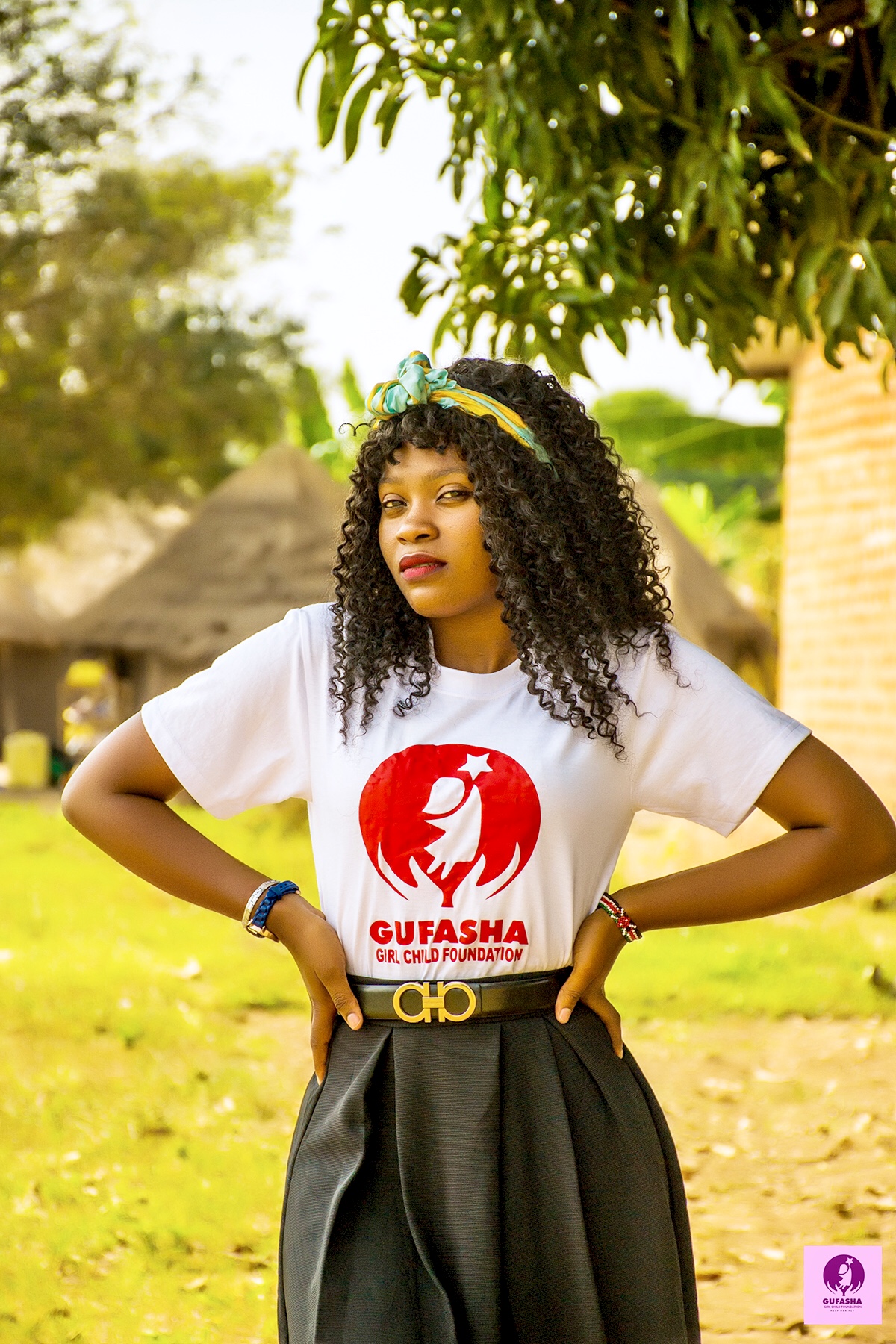
Dorcas Wakio, Kenya
Growing up, I never knew much about the environment and the need for urgent action against the climate crisis in our world today. Sometime between May and June 2019, I saw how my country- Kenya – was being impacted by climate change. I saw people dying of hunger in the Northern parts of the country, floods in coastal regions causing havoc to settlements, house and property destruction, hot and unbearable temperatures, and our beautiful forests were being degraded mainly by human activities. For example, illegal extraction of forest resources has destroyed approximately a quarter of the Mau forest over the last 15 years.
